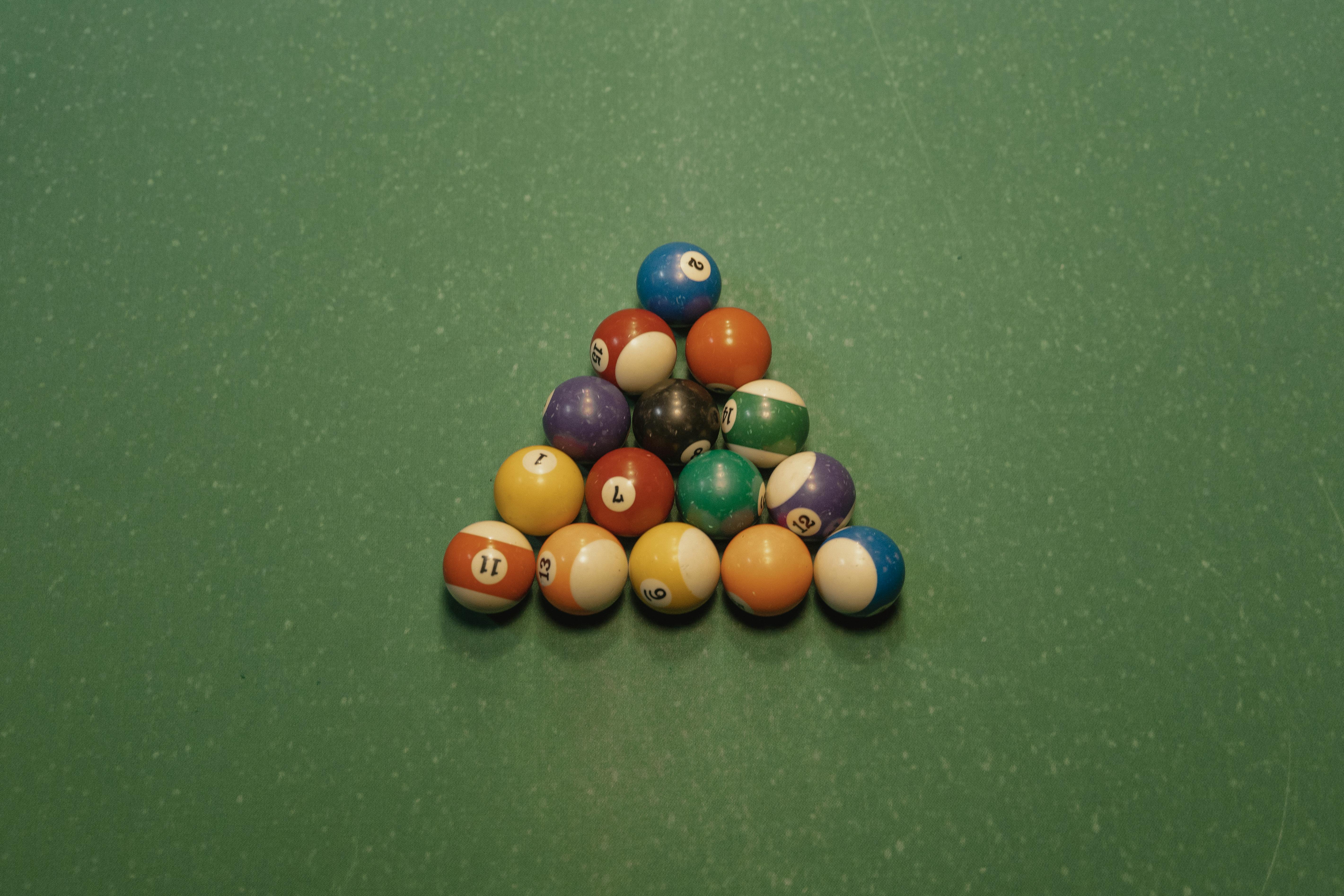
Discipline begins at home
admin
- 0
Modern Western families are not, as a rule, teaching their children self-discipline. External discipline, that forcibly administered by parents and society, does not always translate into self-discipline. We could certainly learn from Asian families, especially Chinese and Japanese; your children behave splendidly in our American schools.
Parents may wonder, quite rightly, why so many children don’t follow the discipline values they learned at home. There are several causes that we can find not only in the home, television is one of the most important, but also in our entire modern society. Traditional values are often interpreted by younger generations as old-fashioned and obsolete. Young parents protest: “We must try to understand our children, we must be better than our own parents.”
This pseudo-scientific attitude, unsupported by hard evidence, has caused the American family (by and large) to condone or turn a blind eye to petty criminal behavior by young children. This philosophy began with the baby boom generation after World War II. As a result, today’s students have relaxed their standards, their values, and this laissez-faire behavior is partly responsible for our current economic problems.
Our social model of greed and lack of responsibility has given rise to fraudulent financial instruments, outright lies from real estate agents, and shoddy accounting procedures. Corruption is rampant among Washington politicians and lobbyists, a factor multiplied by the self-interest (egoism) of high-ranking bureaucrats who believe that the public interest always comes last.
As a high school teacher, I see firsthand the consequences of a “let it grow itself” attitude from parents. They interpret every little misstep as a “child looking for his identity”. Interrupting this process is equivalent to sacrilege, to a violation of humanistic principles that assume that man is born good. According to this philosophy, society is the villain that makes us “bad.”
As I walked through the classroom, I saw papers scattered on the floor. I asked the student sitting at that desk to pick them up. His response was a typical “I didn’t do it.” The very notion that someone else is responsible allows me to give up all my values regarding helping the community. Someone else will; we don’t know who that other person is, but it’s certainly not me. That same day, I saw an Asian teacher picking up trash in the hallway in front of her classroom. Other teachers usually don’t bother.
This lack of altruism or respect for the social group is prevalent in some groups; Many teenagers spend their free time drinking and partying. Others, unfortunately very few, are happy to spend their free time helping others, sometimes people they don’t even know, like African children who lack everything. Am I just a cantankerous old-fashioned old man, or is there some truth to my nostalgia for self-discipline?
Parents: Small “innocent” acts of crime can blossom into full-blown attacks on our social fabric. I do not recommend martial law within the home, nor am I in favor of physical punishment unless absolutely necessary (repeated disobedience). A few well-placed slaps on the buttocks will hurt pride more than flesh, and the message will come through loud and clear. Early and severe intervention will encourage self-discipline, as children will eventually assimilate the idea that they are responsible for their own behavior and the well-being of society in general.

